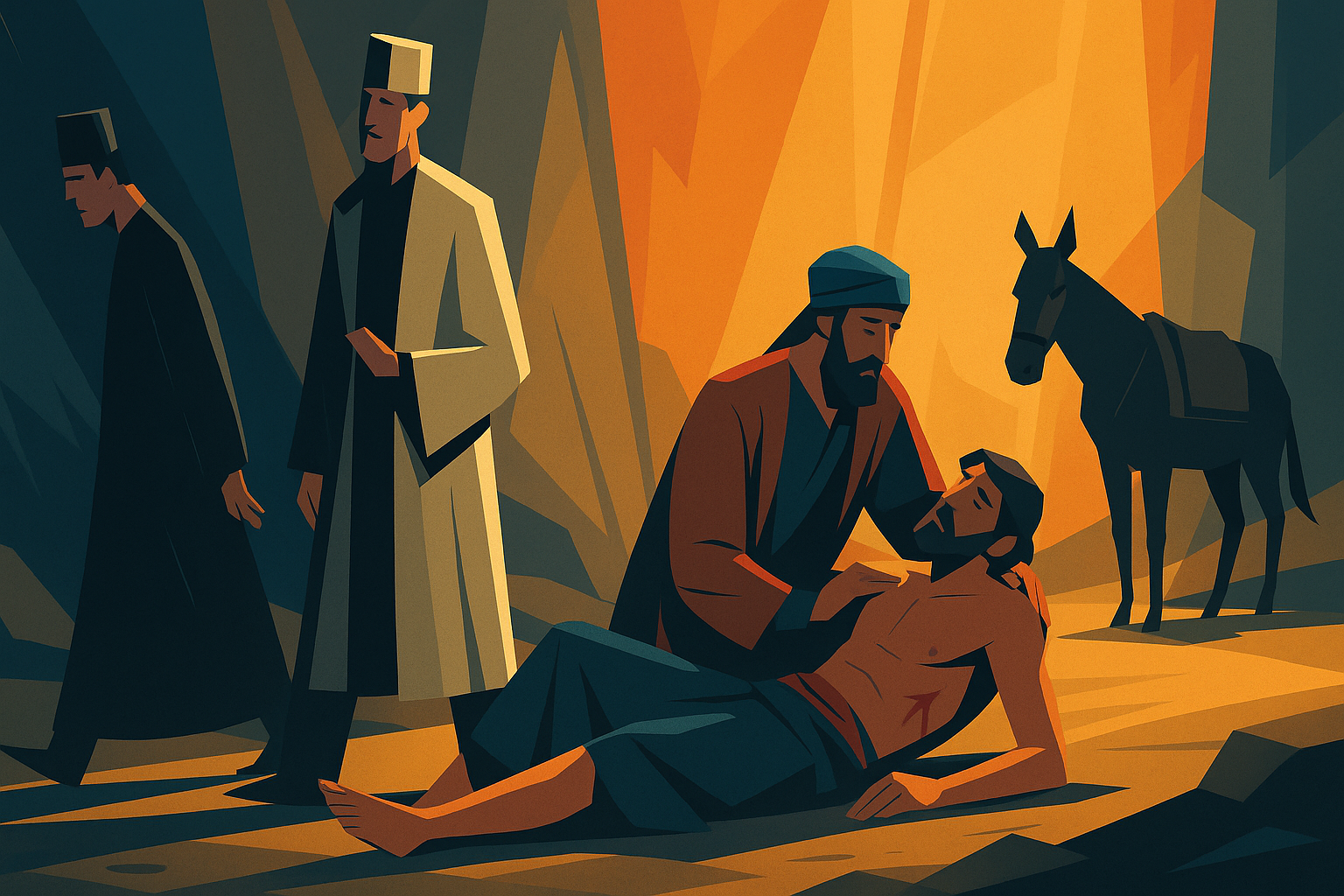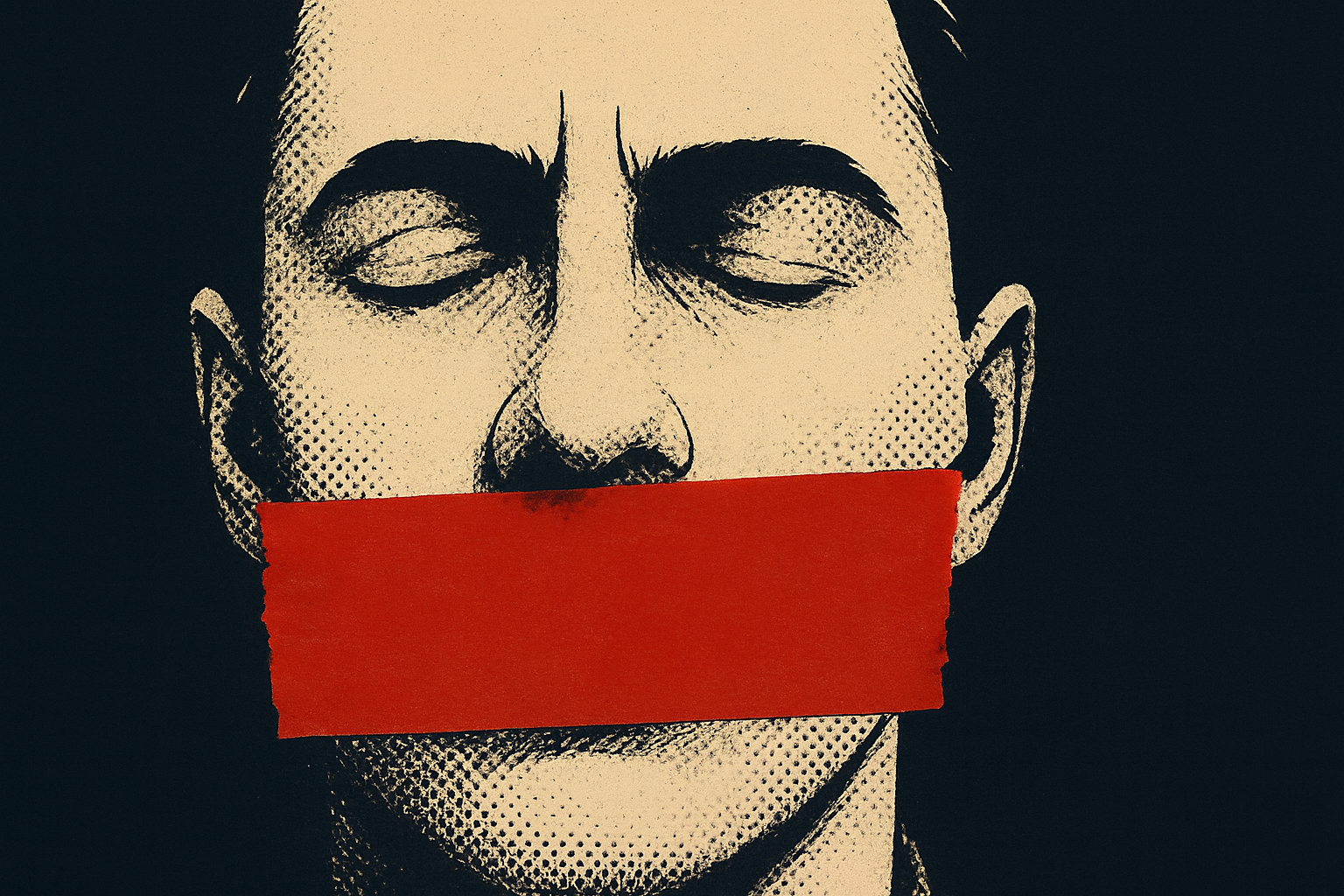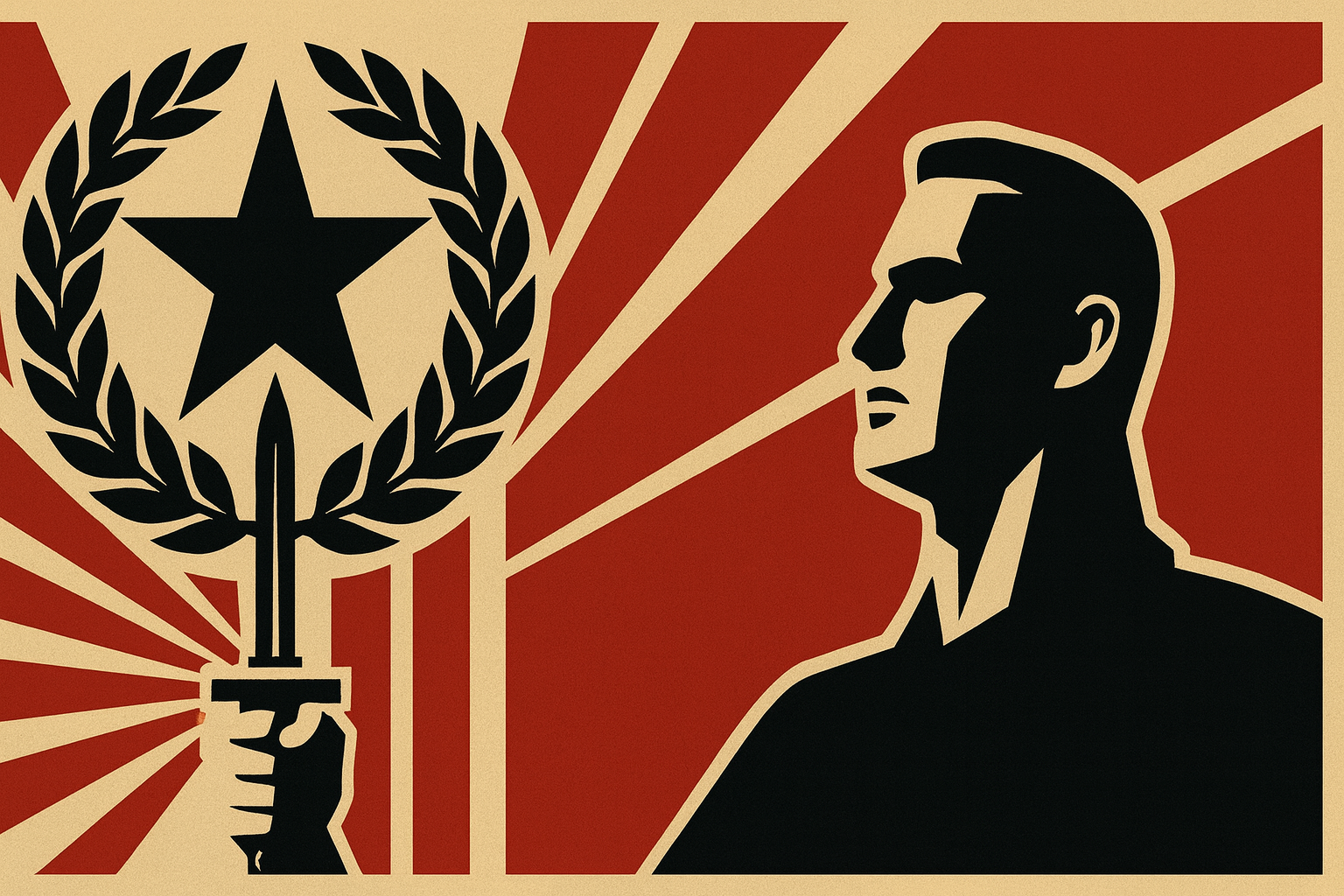You cannot tell the story of America without telling the story of the Church.
From the early whispers of revolution to the thunderous call for civil rights, Christian conviction has shaped the conscience and character of our nation. Though imperfect and often contested, the influence of Christianity in American history is not only undeniable—it is foundational.
The Great Awakening and the Birth of Liberty
Long before the Declaration of Independence was penned, a spiritual revolution was already underway. In the 1730s and 1740s, the American colonies were swept by the Great Awakening—a series of revival meetings that stirred hearts and challenged the rising tide of secularism. This movement didn’t just prepare souls for heaven; it prepared citizens for liberty.
By proclaiming individual worth and moral accountability, the Great Awakening laid the ideological groundwork for the American Revolution. Its ministers championed civil liberty with the same fervor as they preached religious liberty. Princeton, Brown, and Dartmouth weren’t just schools—they were products of revival, built to train a generation shaped by gospel truth and civic virtue.
Christianity and the Rise of American Democracy
The American experiment, as Alexis de Tocqueville famously observed, was in many ways an outgrowth of Christian principles. After visiting the United States in 1831, the French political philosopher concluded that Christianity—particularly its Puritan expressions—was essential to American democracy. Why? Because it taught that all people are created equal before God and therefore should be equal before the law.
This notion, radical in the ancient world, found traction in the teachings of Jesus and the writings of the Apostles. It challenged the classism of Greece, the elitism of Rome, and the monarchy of Europe. Without Christianity, Tocqueville suggested, modern democracy would not exist.
The Church as a Catalyst for Justice
When the nation’s conscience faltered, it was the Church that helped reawaken it.
The abolitionist movement was led in large part by Christians—Black and white, radical and conservative—who believed that slavery was incompatible with the gospel. Frederick Douglass, William Lloyd Garrison, and Harriet Beecher Stowe didn’t just preach reform; they grounded their activism in Scripture. Uncle Tom’s Cabin, second in sales only to the Bible, became a literary weapon against injustice. It’s no surprise that when Abraham Lincoln met Stowe, he famously remarked, “So you're the little woman who started this great war.”
The same spiritual force was present in the Civil Rights Movement. Rev. Dr. Martin Luther King Jr., steeped in Baptist theology and trained in the prophetic tradition, called the Church to be a thermostat, not a thermometer—to set the moral temperature of society rather than merely reflect it.
From his jail cell in Birmingham, King lamented that the Church had become a weak echo of cultural compromise rather than a bold voice of righteousness. His letter still rings true today: “If the church of today does not recapture the sacrificial spirit of the early church, it will lose its authenticity and be dismissed as an irrelevant social club.”
Evangelicals, Politics, and the Moral Majority
The 20th century saw the Church pivot again—this time to meet the challenges of secularism, modernism, and cultural upheaval. Fundamentalist movements rose in defense of biblical orthodoxy, forming institutions that would go on to wield significant influence in American political life.
In the 1970s and 80s, figures like Jerry Falwell and Pat Robertson mobilized the “Moral Majority” and the “Christian Coalition,” awakening conservative Christians to their civic responsibility. Their voter guides, rallies, and cultural campaigns played a pivotal role in the Reagan Revolution, creating a new alignment between evangelical values and political engagement.
And while some drifted into partisanship, others sought a higher allegiance—like the Red Letter Christians and New Monastic movements, who reminded the Church that our primary citizenship is in heaven.
The Church Still Has a Role to Play
The American Church has never been perfect. It has stumbled, fractured, and, at times, remained silent when it should have spoken. But time and again, it has also risen to meet the moral crises of its day—with prayer, with courage, and with truth.
This is our moment.
Not to seize power, but to steward influence.
Not to build empires, but to serve the Kingdom.
Not to win arguments, but to win hearts.
Not to retreat in fear, but to engage with hope.
We are heirs to a long line of believers who believed that faith wasn’t meant to be hidden—but lived out in public, with love and clarity.
Now it’s our turn.
May we be the generation that doesn’t merely echo the noise of culture but brings clarity to it.
May we be bold enough to speak, humble enough to listen, and faithful enough to endure.
And may we never forget: the goal is not to make America Christian.
The goal is to make Christ known in America.
Because His Kingdom is not shaken. His truth is not outdated. And His Church is not done.
Let’s be faithful in our time, as they were in theirs.
Let’s tell the story—by how we live it.
.png)





.svg)
